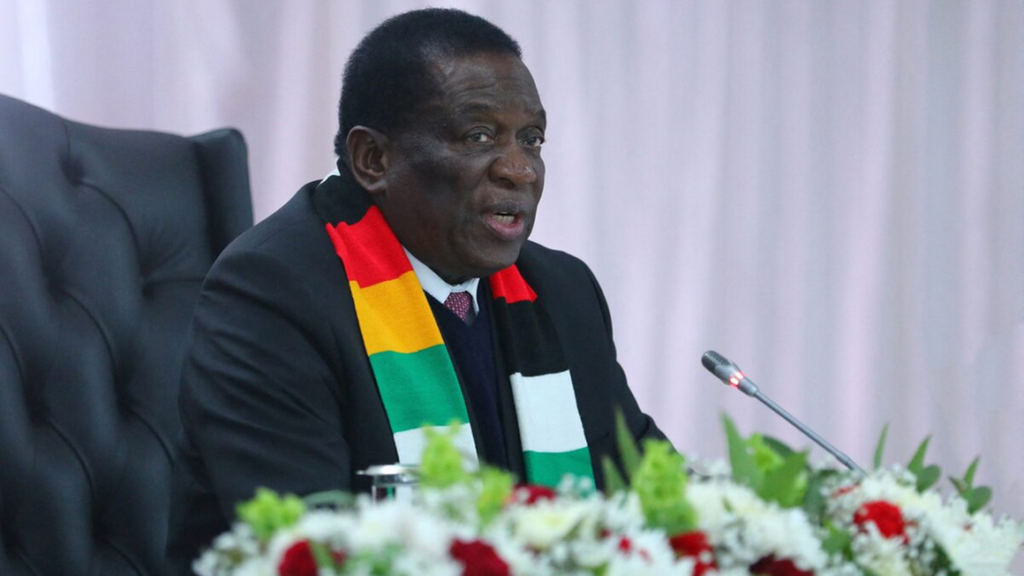Zimbabwe Authorities Crack Down on Dissent Ahead of SADC Summit
The Zimbabwean government has launched a stringent crackdown on dissenters to prevent protests during the upcoming 44th Southern African Development Community (SADC) Summit on August 17.
President Emmerson Mnangagwa, who will assume the role of SADC chairperson at the summit, is facing escalating political tensions at home.
Recently, Mnangagwa’s government has intensified actions against opposition and civil society groups, arresting over 100 activists to stifle planned demonstrations.
The government claims these groups are “attempting to incite disorder,” with President Mnangagwa warning that security forces will crush any protests.
The crackdown comes amid heightened tensions following Mnangagwa’s controversial re-election last year, which was criticized by international observers for not meeting regional standards.
Zimbabwe is also grappling with a severe economic crisis, including hyperinflation that led to the abandonment of its currency for the second time in April.
Human rights organizations have condemned the arrests. Allan Ngari, Africa advocacy director at Human Rights Watch, called for SADC to engage with Zimbabwean authorities to ensure basic freedoms are respected.
Amnesty International’s regional director for southern Africa, Khanyo Farise, urged the immediate release of 78 opposition members arrested in Harare last month.
Despite government denials of targeting specific groups, the police have commenced “Operation Clean-up Harare,” aimed at maintaining order ahead of the summit. This includes clearing informal traders from the streets, as authorities believe they could catalyze protests.
Political analyst Farai Maguwu emphasized the need for SADC to intervene and address Zimbabwe’s long-standing political and economic issues.
Since taking power in 2017, Mnangagwa has faced criticism for his harsh treatment of protesters and failure to fulfill promises of democratic reform.
Source: The East African



